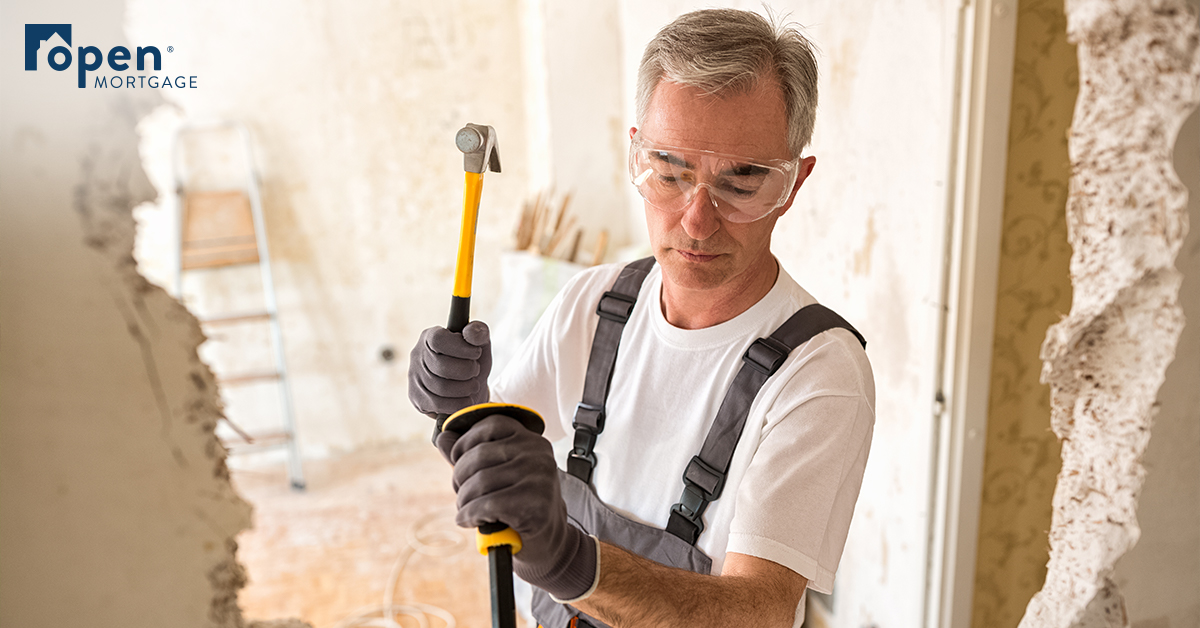
Renovating for Retirement
Preparations for retirement often focus primarily on savings accounts, investment portfolios and pension plans. However, one of the overlooked pieces in the planning puzzle is the retiree’s home.
In addition to being a significant element of many homeowners’ wealth, and a potential source of funds via a reverse mortgage, the ability to fulfill its primary function as a residence is critical. Be sure your home is as ready for retirement as you are with these renovation recommendations.
Safety First
Plans to remain in a home as long as possible have to start with an eye toward safety. The challenges that come with aging are unavoidable and unpredictable. Your best chance to maximize your time in the property is to limit hazards and add features that are more conducive to aging-in-place.
Pay attention to the home’s entrances and evaluate them for accessibility regardless of mobility. Consider what changes might be necessary to accommodate the use of a cane, walker, or wheelchair and lower the risk of dangerous falls. Take a similar approach inside the home, particularly in bathrooms and the highest traffic areas.
For two-story homes, make sure you have a bedroom and bathroom on the first floor that can serve as your master suite in case the regular use of stairs becomes a problem.
Expect the Unexpected
One of the biggest obstacles in retirement planning is predicting the future with any accuracy. However, you can try to prepare for several scenarios, including the less likely ones.
Many retirees find that they miss their careers more than expected and seek out part-time, work-from-home, or volunteer opportunities to fill the void. If your house doesn’t already have a useful office space, it may be worth creating one. Even if you don’t end up finding an encore career, you will likely appreciate having an alternative space to spend some of your free time.
While most of us hope to retain our independence as long as possible, extra help is probably inevitable. One way to remain in the home even after that time comes is to make space for a caregiver. Whether that person is a relative or a paid professional, adding a private guest house or apartment for them will likely make everyone more comfortable. As a bonus, such a space could be used for rental income until it becomes a necessity.
If preparing your home for retirement means undertaking expensive renovations, explore our website to learn about the flexibility of a Home Equity Conversion Mortgage. Our experienced team can explain your options and how you can access the equity in your home without increasing your monthly expenses.
- At the conclusion of a reverse mortgage, the borrower must repay the loan and may have to sell the home or repay the loan from other proceeds
- Charges will be assessed with the loan, including an origination fee, closing costs, mortgage insurance premiums and servicing fees
- The loan balance grows over time and interest is charged on the outstanding balance
- The borrower remains responsible for property taxes, hazard insurance, and home maintenance, and failure to pay these amounts may result in the loss of the home
- Interest on a reverse mortgage is not tax-deductible until the borrower makes partial or full re-payment





